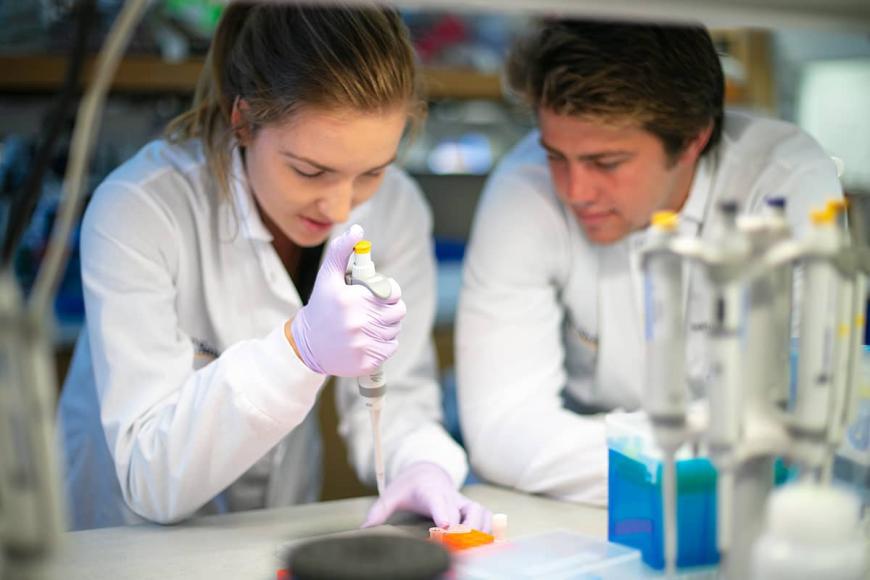Prioritizing Child Health: Foundations of a Thriving Future
Introduction:
In the intricate tapestry of life, the well-being of children emerges as a vibrant thread, weaving the promise of a flourishing future. This article delves into the essence of why prioritizing child health is not merely a responsibility but a collective imperative. From the early stages of development to the nuances of nurturing holistic well-being, we explore the profound impact that prioritizing child health can have on individuals, communities, and societies at large.

1. Childhood: The Crucible of Potential
Childhood is a crucible of potential, where the foundations for physical, mental, and emotional well-being are laid. Recognizing the significance of this formative period is essential, as the experiences and health of children during these years shape the trajectory of their lives. Prioritizing child health is, therefore, an investment in the very fabric of society, fostering resilience, creativity, and a brighter tomorrow.
2. Early Development: The Blueprint for a …
Read more →


